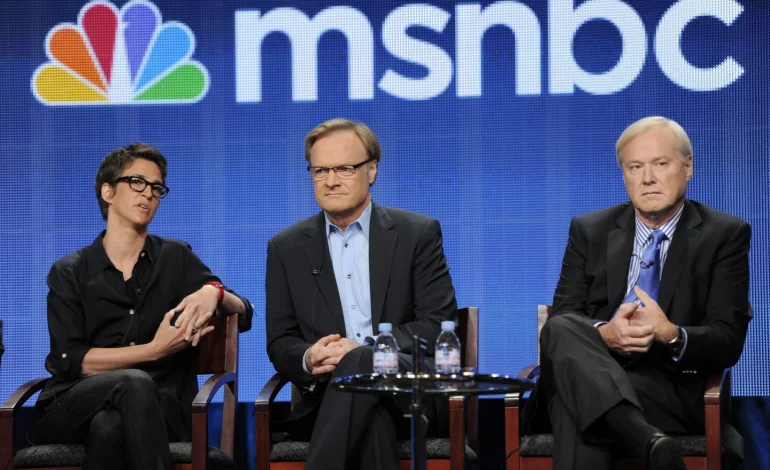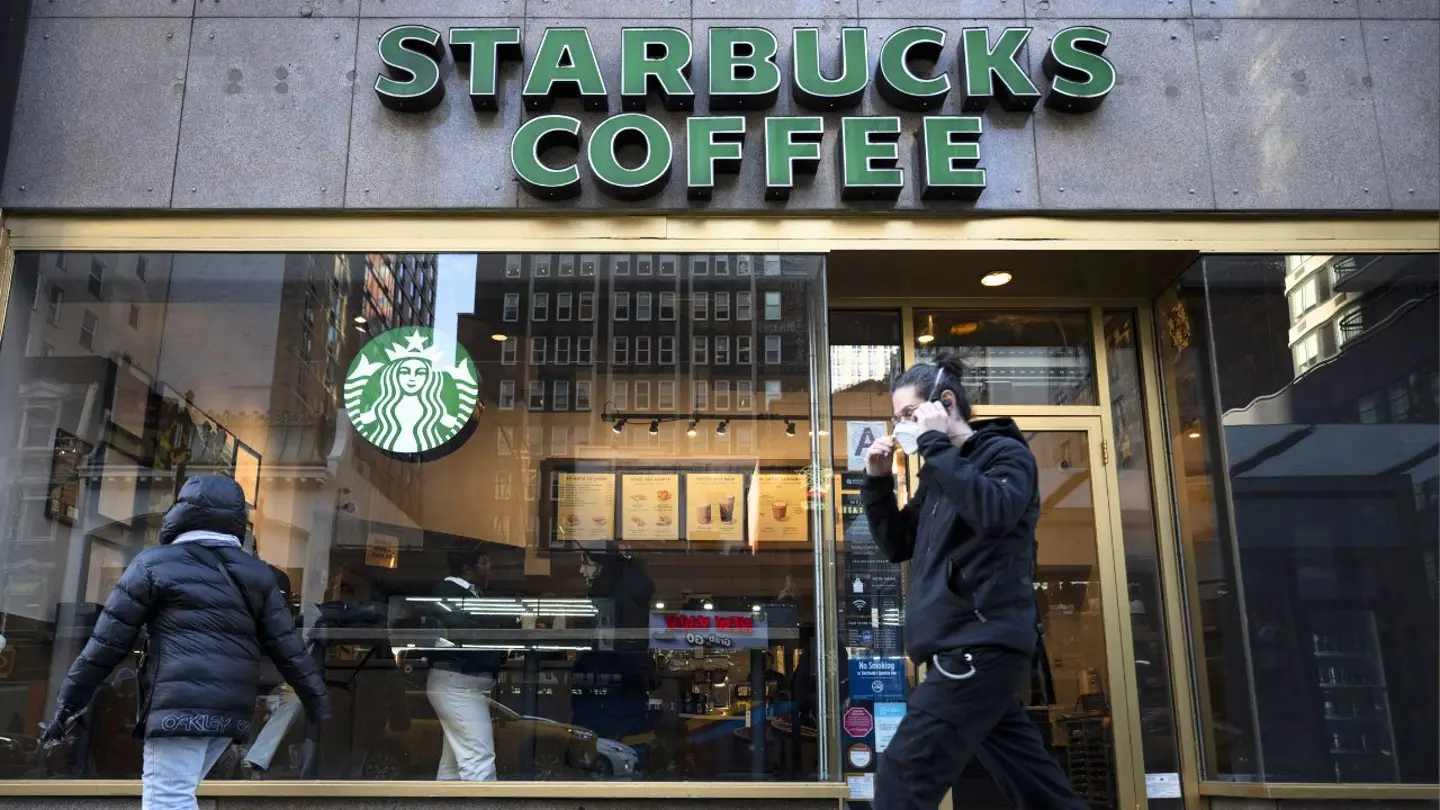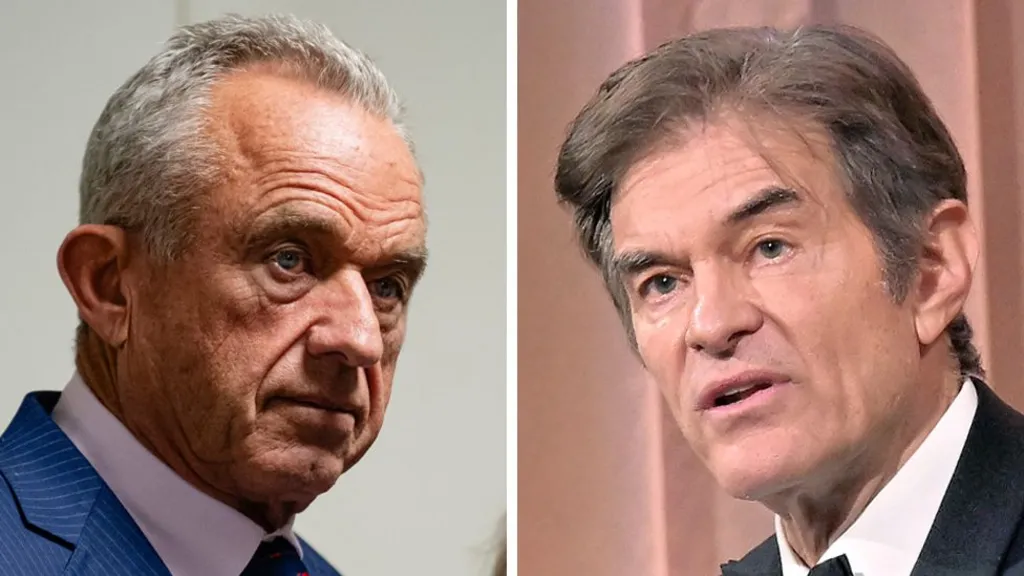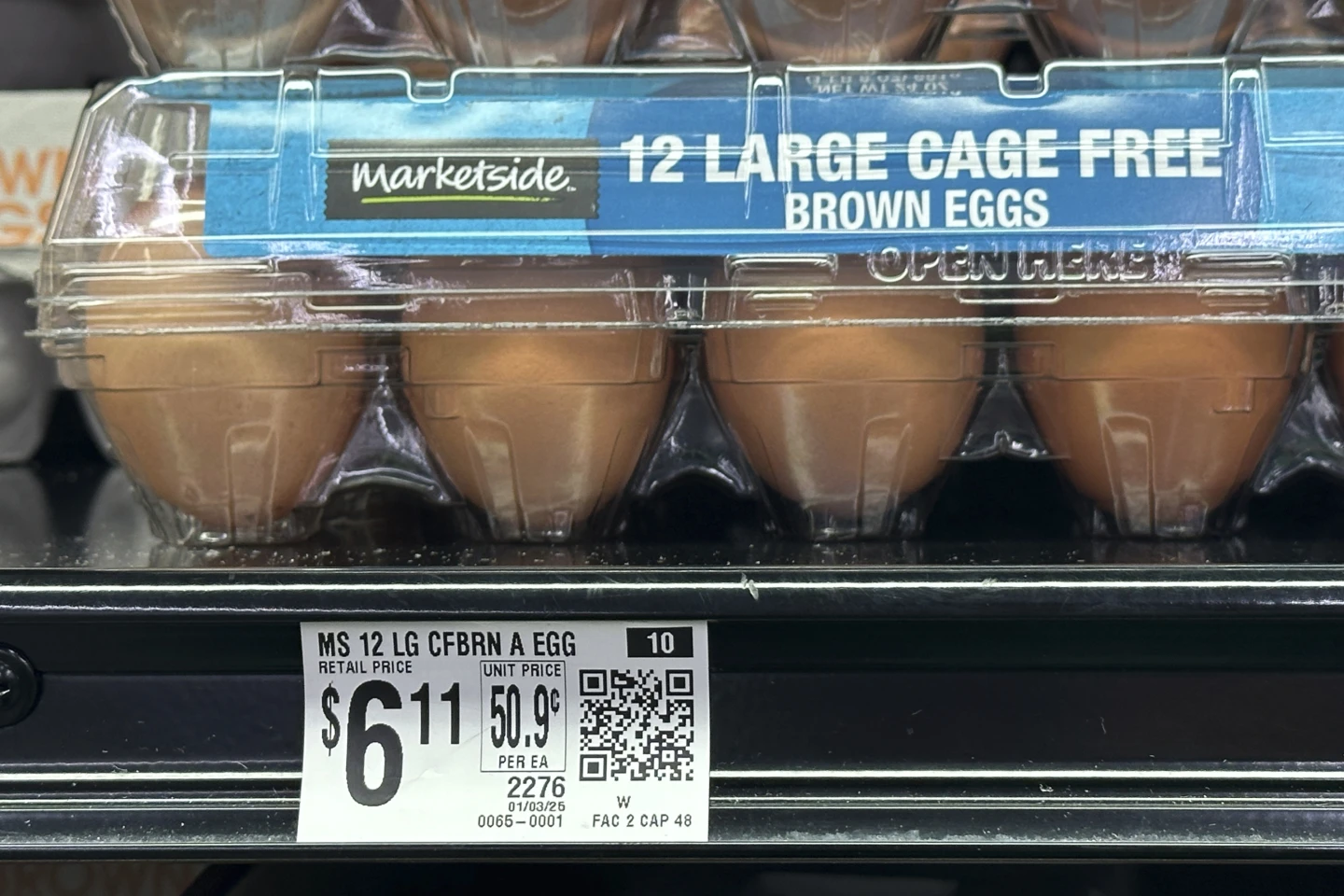The Future of CNBC and MSNBC Post-Comcast Corporate Shift

Comcast’s upcoming corporate reorganization will result in CNBC and MSNBC, two well-established networks with “NBC” in their name, being severed from their historic connection to NBC News, the Associated Press reports.
This shift is part of a broader strategy by Comcast to spin off most of its cable networks, including USA, Oxygen, E!, SYFY, and the Golf Channel, into a separate company. The reorganization reflects a larger trend in the media industry, where streaming is seen as the future, and traditional cable networks are becoming less profitable.
As a result of the reorganization, the two networks will be under the leadership of Mark Lazarus, who is transitioning from his role as chairman of NBC Universal Media Group to CEO of the newly formed cable entity, temporarily called “SpinCo.” Lazarus’s leadership, along with that of Anand Kini, the company’s new chief operating officer and chief financial officer, is seen as a promising sign for the future of these networks, according to Jessica Reif Ehrlich, a Bank of America research analyst.
Despite the corporate reshuffling, questions remain about what this change will mean for the future of CNBC and MSNBC, especially for their viewers and employees. For example, it is still unclear whether MSNBC will retain its name or move its operations outside of the Rockefeller Center offices, where it shares space with NBC News. The relationship between MSNBC and NBC News has always been a delicate one, with MSNBC’s often-liberal programming style clashing with NBC News’s commitment to impartiality. This corporate change may necessitate a reevaluation of this dynamic.
For MSNBC, one of the most significant questions is whether it will continue to rely on NBC News for its newsgathering operations. MSNBC has long benefited from the contributions of NBC News reporters and anchors, such as Katy Tur, Jose Diaz-Balart, and Chris Jansing. The future of this collaboration, including whether familiar faces like Steve Kornacki will continue to contribute, is uncertain. Some wonder if the network will need to invest in developing its own independent news operation or further lean into its commentary-driven programming.
Meanwhile, CNBC has been relatively more independent, operating out of offices in Englewood Cliffs, N.J. While its connection to NBC News has been looser, CNBC has frequently supplied business expertise for NBC’s broader coverage. Like MSNBC, CNBC’s legal, promotional, and technical support will need to be restructured as part of the corporate spin-off.
The changes come at a time of uncertainty for MSNBC, which has seen a drop in viewership since Donald Trump’s election victory, a trend that is not uncommon for news networks closely tied to a particular political ideology. However, history suggests that audiences tend to return over time, and MSNBC executives remain optimistic. The prospect of another Trump administration, however, raises concerns, with some figures, like Trump ally Steve Bannon, making veiled threats about the network’s future.
As for the broader implications of the reorganization, executives are optimistic about the new entity’s future prospects, noting that many of the networks in question, including CNBC and MSNBC, are profitable. There is also the potential for SpinCo to acquire undervalued networks from other media companies. Andrew Ross Sorkin, host of CNBC’s Squawk Box, emphasized that the profits generated by these cable news channels could be reinvested in a variety of ways, including acquisitions or business growth.








